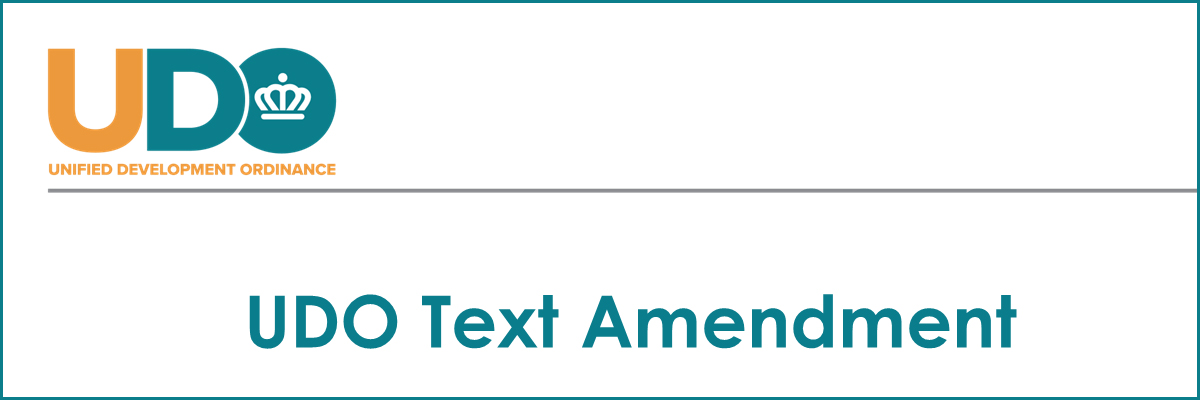
Last week Realtors® from all over the state traveled to Raleigh to meet with their legislators to promote legislation aimed at increasing the housing supply in NC. A recent study commissioned by the North Carolina Chamber Foundation in partnership with the North Carolina Home Builders Association and NC REALTORS® shows that our state faces a significant housing inventory gap across all income levels, and geographic areas. Here are some statistics cited:
In 2024, North Carolina’s median home list price reached $419,000, up sharply from $251,859 in 2020. As such, Canopy Members used the opportunity in Raleigh to promote the following measures:
The last bill on the list above, HB 765, is a broad and sweeping attempt to address the current housing crisis. We were fortunate to have the bill’s prime sponsor, Representative Jeff Zenger, visit us here in Charlotte last Friday to explain details about the measure. Highlights include the following:
My Take: If you have decided to put advocacy into action, you have come to the right place! The aforementioned bill, HB 765, will be heard in the House Committee on Housing and Development tomorrow at 3:00 pm. Here’s the meeting notice and audio link. Also, it is imperative that you reach out to your state legislator to encourage their support for the bill.
Here’s the list of those members from our area who serve on the committee:
Representative Mark Brody (R-Union, Chair) [email protected] (919) 715-3029
Representative Tricia Cotham (R-Mecklenburg) [email protected] 919-733-5886
Representative Carla Cunningham (D-Mecklenburg) [email protected] 919-733-5807
Representative Jordan Lopez (D-Mecklenburg) [email protected] 919-733-5749
Representative David Willis (R-Union) [email protected] 919-733-2406
While it is relatively easy to send an email, I am going to ask you to pick up the phone and place a quick call to members of the committee encouraging their support for the bill. Representatives Brody and Cunningham are both primary sponsors of the measure so a simple thank you to them would go a long way to moving this forward.
Here are some thoughts to guide you in composing your messaging with those you contact:
HB 765 offers meaningful reforms that will reduce unnecessary regulatory barriers imposed by local governments—barriers that drive up the cost of housing and delay much-needed development.
By removing these impediments, the bill helps lower housing costs for all North Carolinians, including the essential workers who serve our communities—law enforcement officers, firefighters, teachers, and healthcare professionals—who increasingly cannot afford to live where they work.
In addition to supporting higher-density development in appropriate areas, HB 765 promotes more efficient land use, helping to preserve farmland and limit urban sprawl. It also ensures that local land use regulations are consistent with state law, providing greater transparency, consistency, and legal certainty in the development process.
Your support for HB 765 will make a real difference in the lives of individuals and families across our state.
Thank you for your leadership on housing policy and your commitment to improving access to affordable homeownership.

Today the Charlotte Planning Department will file a text amendment that will likely be taken up by the full Council for consideration in early June. The current schedule is as follows:
While we have not yet seen the official and filed version, we understand it will contain elements related to the following subjects:
We will send along a link to the amendment along with any other supporting materials as they become available.
My Take: This will most likely be the last Charlotte UDO text amendment filed before fall of 2025. As such, I’d encourage you to read through it carefully and reach out to me ([email protected]) with any concerns prior to the public hearing that is tentatively scheduled for May 19th. My hope is this amendment will respond, in a positive manner, to a number of the suggestions we have made as an industry over the course of the last year or so.
See this link for a full summary (courtesy of our friends at CLT Public Relations).
BACK TO LATEST NEWS